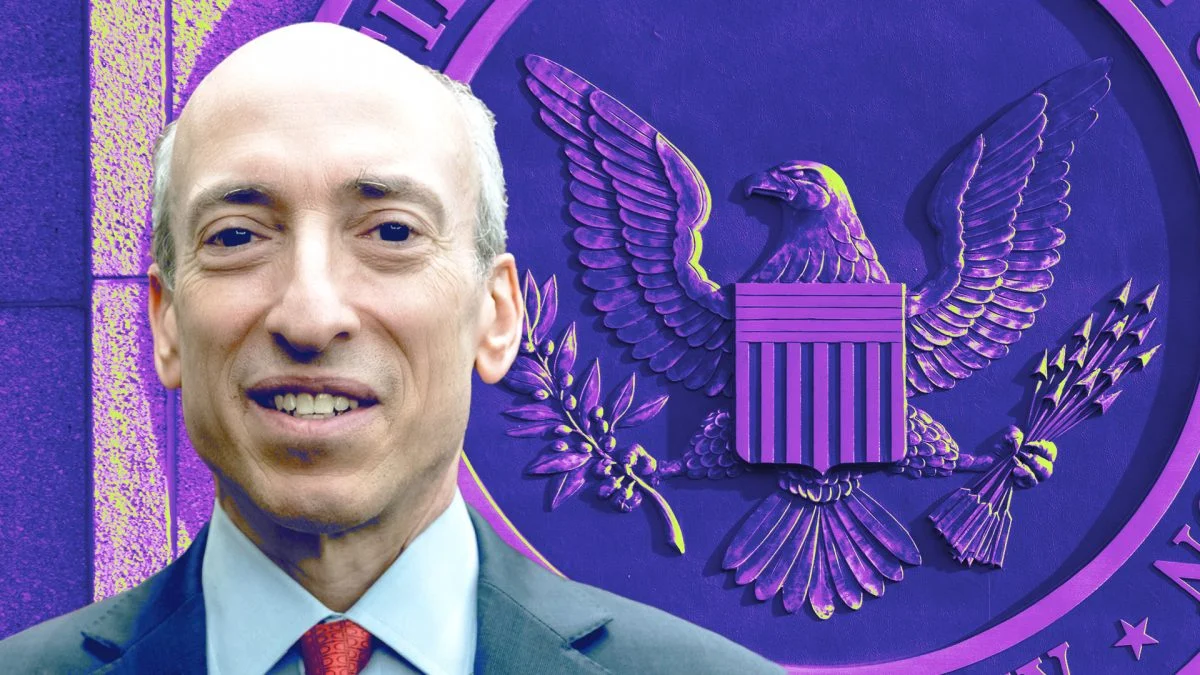Hacker Reproduction = Bull Market Horn? Their judgment is more accurate than the analyst
Bitcoin prices once broke through $8,800 this morning, and the price of the currency has more than doubled since the beginning of 2019.
Can hacking money stealing be stopped? Whether they are active again, can it be one of the signals of the bull market?
The hacker’s judgment is more accurate than the analyst
Since January this year, the market has gradually warmed up, and the rising price of coins and new users have made a once-quiet group re-energize – hackers.
- The story of the flock: the cryptocurrency market system risk that must be circumvented
- Ernst & Young: Blockchain solutions for wine traceability platforms
- The currency of the main online line is not fast selling? Historical data tells you that this is the most reasonable
Digital currency is the product of technical geeks and password punk, and the data remains in the chain. However, the existence of a centralized exchange gives hackers a chance.
Looking back at the history of the theft of the exchange is very amazing.
According to incomplete statistics, at least 22 exchanges have been successfully attacked by hackers, and the number of thefts has reached more than 30 times. A total of about 1,000,000 bitcoins and 800 million US dollars of equivalent digital currency have been stolen by hackers.
Among them, not only the head exchanges such as the currency security, OKEx, Mt.Gox, Bitfinex, and Bithumb, but also the Indian exchange Coinsecure, the Japanese exchange Zaif, and the Italian exchange BitGrail.
According to the data provided by Beosin Chengdu Chain An:
The zaif exchange was attacked with a loss of approximately $59.67 million, of which $19.59 million was owned by the exchange itself;
The Cryptopia exchange is suspected of being stolen, and the ETH and ERC-20 passes are expected to cost approximately $16 million;
The Mercatox exchange was stolen and lost thousands of EOS;
The BiKi.com exchange was stolen and lost 133,300 USDT;
The DragonEx exchange was stolen and lost a digital currency worth about $6 million…
The record of the stolen cryptocurrency was engraved into the epitaph of the bankruptcy exchange, and it was another evil hacker who was recorded.
In fact, the situation of stolen exchanges and the changes in the market are closely related.
In August 2016, Bitfinex, one of the largest exchanges, was stolen about 120,000 bitcoins, and the price of bitcoin fell about 13%. In the previous June to July, Bitcoin rose from $450 to around $760, an increase of about 60%.
On January 26, 2018, Coincheck, one of Japan's largest exchanges, stole 523 million new coins (NEM), with a loss of at least $426 million.
Subsequently, bitcoin prices fell about 52.4%, from $1,1920 to $6,250. Before the incident, Bitcoin reached an all-time high of $20,000.
Time returned to May this year, the currency was stolen 7,000 bitcoins. Bitcoin has just rebounded from a low of $3,155 in 2018 to $6,000, making it the most profitable product of the year.
After the black swan incident, the price of bitcoin did not fall, and it was sideways at around $8,000. Today, it broke through successfully and stood firm at $8,500.
Every time the cryptocurrency market rises or recovers, it attracts hackers to plunder the hot wallets of the exchanges and brings a wave of market panic calls.
The recent money thief incident did not affect the rise in the price of the currency. Perhaps this is the signal that the bull market is coming?
Is the exchange's assets safe?
There have been frequent incidents of stolen exchanges, but there are also exchanges that refuse to recognize stolen coins. The reason is that users will be suspicious of the security of their assets.
Looking back at the previous piracy incident, the hot wallet is the focus of hacker attacks and the main storage location for user assets on the exchange.
Then, can the asset risk in the exchange get normal risk control?
Beosin Chengdu Chain said: "Overall, the assets of users on the exchange are still relatively safe. What ordinary users need to do is to protect their personal information as much as possible."
"If the assets are mainly on the exchange, you should pay attention to the protection of the exchange account password and secret security (mobile phone or mailbox, etc.), if possible, separate the asset-related mobile phone mailbox from the daily use mailbox. If the assets are mainly stored in their own account Or wallet, then you need to pay special attention to the preservation of the private key, it is recommended to encrypt and quarantine storage."
Even though the exchange has placed more security mechanisms, it is still in the "range" range of hackers.
Zhao Dong, founder of DGroup, once said on Weibo, "There is a saying in the hacker circle that the $1 million price can break through all the websites. All security solutions cannot prevent themselves from being compromised."
"What can be done is: 1. Reduce the probability of being compromised; 2. Minimize losses when they are broken."
So, if you are optimistic and believe in digital currency, you should have enough of a certain amount of mainstream currency, then store it in your own cold wallet and save your mnemonic.
Reduce the mistakes of the operation, adhere to the fixed investment of the currency, believe that your income and security, will lead the majority of investors in the exchange.
International thief hoarding digital currency
Since no hacker organization has announced responsibility for the piracy incident, and the blockchain anonymization features.
Exchanges can only be used to offset losses, but exchanges that are difficult to bear costs, such as: Bitcoinnica, Bitfloor, BitGrail, Mt.Gox, Youbit, etc., have to close or bankruptcy liquidation.
Since the owner of the address cannot be traced, is the exchange stolen similar? Taking the stolen money exchange on May 8 this year as an example, the hacker initiated the coin-raising operation at the same time through the API interface and dispersed the bitcoin from the attack account.
"The hacker's attack method is similar to the attack performance in the early morning of July 4, 2018. Before the currency security has deleted an API record and asked the user to re-create and properly keep their API KEY, May 8, 2019, Coin Security has removed all API records again,” explains Beosin Chengdu Chain.
Since the previous method of theft is similar to this one, we can roughly draw two conclusions:
First, this may be the same hacker gang.
Second, even if such loopholes have appeared, exchanges and users are still difficult to limit and prevent, and hackers are eyeing the "sweeping wool" repeatedly.
According to media reports, the hacking of exchange money on the exchange came from the APT organization.
APT (Advanced Persistent Threat) refers to advanced persistent threats, which are essentially targeted attacks.
The APT organization is active in the United States, Europe and other regions, and the main targets are mostly government-level encrypted intelligence.
According to the NSFOCUS data, the “Golden Thief” developed by the APT organization has gradually shifted to the Internet finance field, and has continuously collected and captured 12 digital assets including Bitcoin, Litecoin and Ethereum, and 22 third-party wallets. And sensitive files for 8 trading platforms.
Compared with Internet protection at the national level, the exchange's protection capabilities are stretched. So is the exchange stolen as a result of the APT organization? Beosin Chengdu chain said, "This is possible."
Through the analysis of attack marks and tools, it is found that the characteristics of hacker's attack behavior are similar to those of the previously exposed APT organization. However, one of the characteristics of APT organization is the extensive use of open source attack tools and means. These attack techniques can also be used by APT. Hackers outside the organization imitate and use.
It is difficult to confirm whether the notorious APT organization is a murderer. What can be confirmed is that there is still a lot of room for improvement in the anti-theft measures of the exchange and the awareness of the user's anti-theft.
This article is the original deep chain Deepchain ( ID: deepchainvip) . Unauthorized reproduction is prohibited.
Original question: Is hacker reproduction a signal of a bull market?
[Deep chain original]
Wen Hao small mercenary
We will continue to update Blocking; if you have any questions or suggestions, please contact us!
Was this article helpful?
93 out of 132 found this helpful
Related articles
- Leihu, China Electronics Technology Standardization Institute: Building a blockchain test ecosystem based on standards
- The essence of high-end dialogue: How to understand the meaning of blockchain and bitcoin?
- Market Analysis: EOS starts cutting leeks, just waiting for BM's June big move
- 5 major events worth looking forward to in the second half of 2019
- Getting started with blockchain | What exactly is a smart contract?
- Nearly one-fifth of the central enterprise development blockchain – non-banking central enterprise blockchain practice
- Technical Guide | Plasma Core Certification Structure and Inspection






